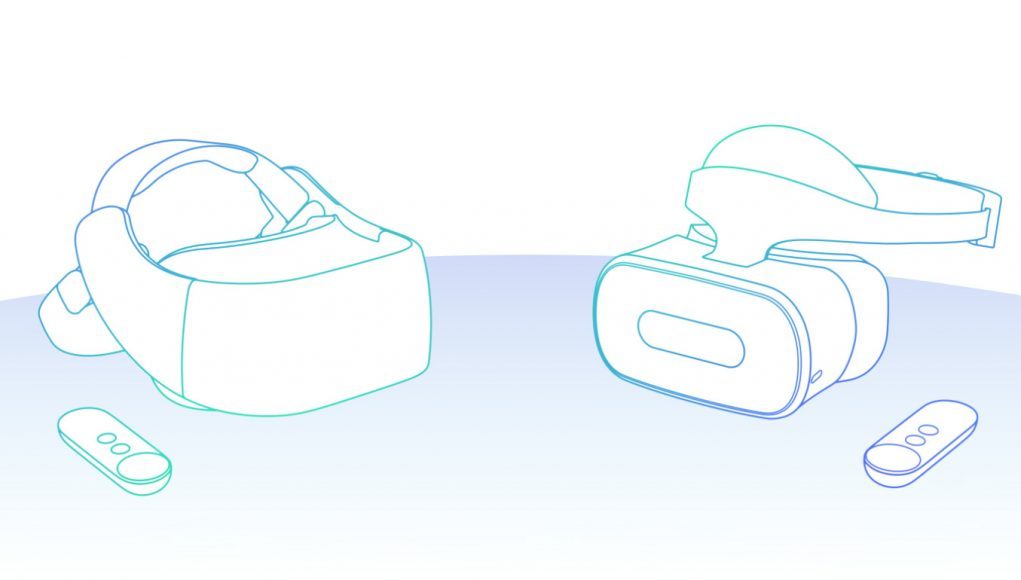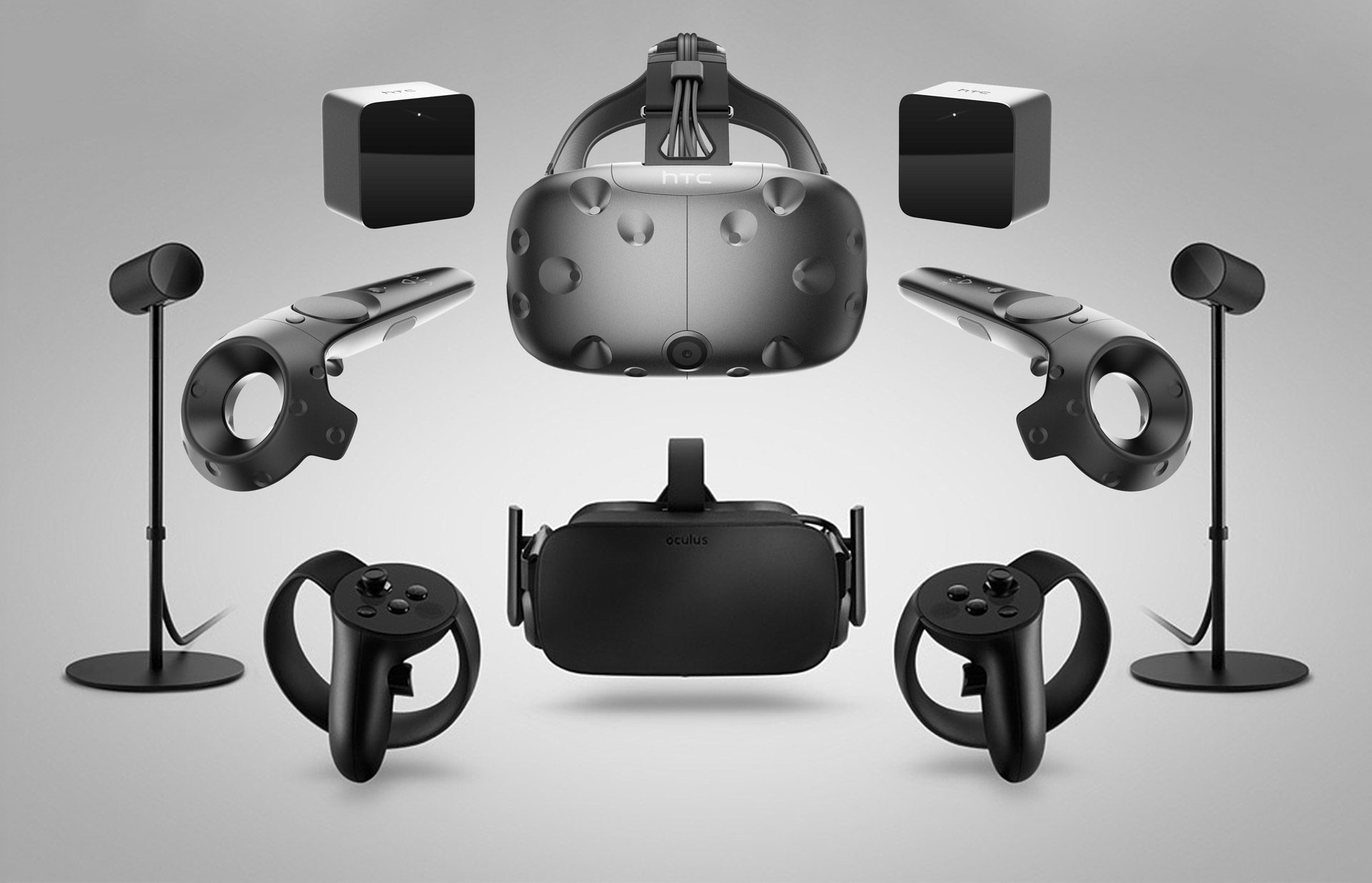Daydream-compatible standalone headsets are coming, revealed on stage at Google I/O yesterday, but the big question remains: how much is one of these inside-out positional tracking headsets going to cost? Google tells that although prices are dependent on the individual manufacturers, they expect it to cost about as much as a PC VR headset like Oculus Rift or HTC Vive.
Being able to pull a singular, bespoke VR headset out of a backpack—with no added wires or sensors—is pretty awesome, but the addition of inside-out positional tracking, or the ability to physically move your head forward, backward and side-to-side, is an even bigger step for mobile VR.
We sat down with Google’s VR team at a press briefing to learn more about how much the convenience (and immersion) was going to cost.
“It will vary by OEM, depending on what screens they decide to go with and so on,” a Google spokersperson told us. “I would expect the price-point to be around the same as you have with the desktop VR headsets today – minus the cost of the PC, drilling holes in your wall, and all that kind of stuff.”
This falls in line with what we’d expect, considering the guts of a standalone headset need to pack as much as (if not more than) the graphical horsepower of a VR-ready flagship smartphone like those already taking part in the smartphone-focused Daydream program. In any case, running acceptable frame rates while tracking the world around you in real-time didn’t exactly sound cheap to begin with.
For reference, the Oculus Rift when bundled with Touch costs just under $600. HTC prices the Vive at the higher end of the spectrum at $799 for their PC VR system. There’s no telling which end of the price spectrum the first two headsets, made by Lenovo and HTC, will take. HTC maintains their standalone headset will launch sometime later this year, so we’re sure to get a better idea closer to launch.
This of course doesn’t include the startup cost of a VR-capable PC, which although cheaper than ever thanks to software updates and cheaper GPUs from AMD and NVIDIA, is still a pretty large investment.








